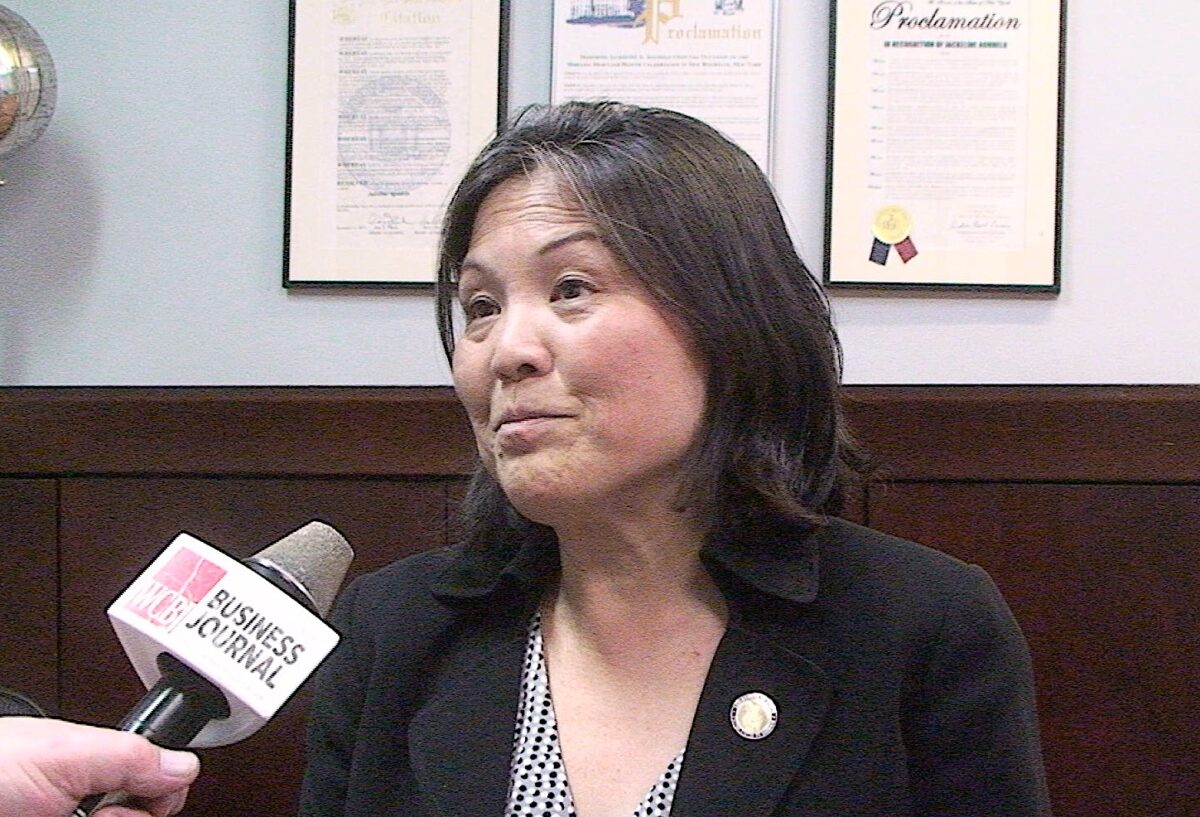Brad Jacobs is no stranger to the process of mergers and acquisitions. During the course of his career, he orchestrated more than 500 corporate acquisitions. And since 1989, he’s used Fairfield County as the seat of his endeavors by growing United Waste Systems of Greenwich (now Waste Management Inc.), United Rentals of Stamford and Express-1 Expedited Solutions (now XPO) of Greenwich through the absorption of other companies.

Jacobs, who is currently chairman of the board at XPO, addressed the recent Greenwich Economic Forum on the topic of M&A, pointing out there were three key considerations of a company to consider before committing to purchase and merge with another company.
First, Jacobs explained, is having an understanding of the purpose for the transaction.
“Is there a real good reason to buy it in the first place?” he asked “You can’t just do M&A for the sake of M&A. I look at lots and lots of deals simultaneously – that’s my MO, I look. At XPO Logistics, we looked at 2,000 possibilities – we bought 18.”
“Is there a compelling strategic rationale for it?” he continued. “Is there something that it brings to the table that we don’t have? Is there some fantastic synergy to it? Is there some tech angle to it? Although usually our tech is better than the other guys’ tech, once in a while we’ve got some big tech.”
Second, Jacobs shifts his M&A focus to the human aspect of the target company.
“What are the people like? What is their real talent here?” he wondered, noting how an extremely talented workforce “can up the vibe of the party.”
Jacobs’ third consideration centers on the costs of the purchase.
“Regardless how great the deal is and how wonderful it is, is it a price that works?” he said, pointing out how “your balance sheet doesn’t forget the price – your balance sheet remembers the price forever.”
Jacobs acknowledged the current environment of elevated interest rates as having an impact on the M&A environment.
“If interest rates are higher and there’s no more free money, there’s no more global synchronized growth, you have to more disciplined on price,” he warned, stating that without financial discipline “you’re going to become bigger, but you’re not going to become more valuable. You have to look at your cost of capital, your equity, your debt – you have to look at what you’re deploying it.”
Outside of acquiring companies, Jacobs added he was looking forward to acquiring readers: his new book, “How to Make a Few Billion Dollars,” will be released in January by Greenleaf Book Group Press.
“I put a lot of techniques in the book that I’ve used over the years,” he said. “Different things that have worked for me – some of which will work for others and some of which won’t. But I just put it all out there on the line.”
















